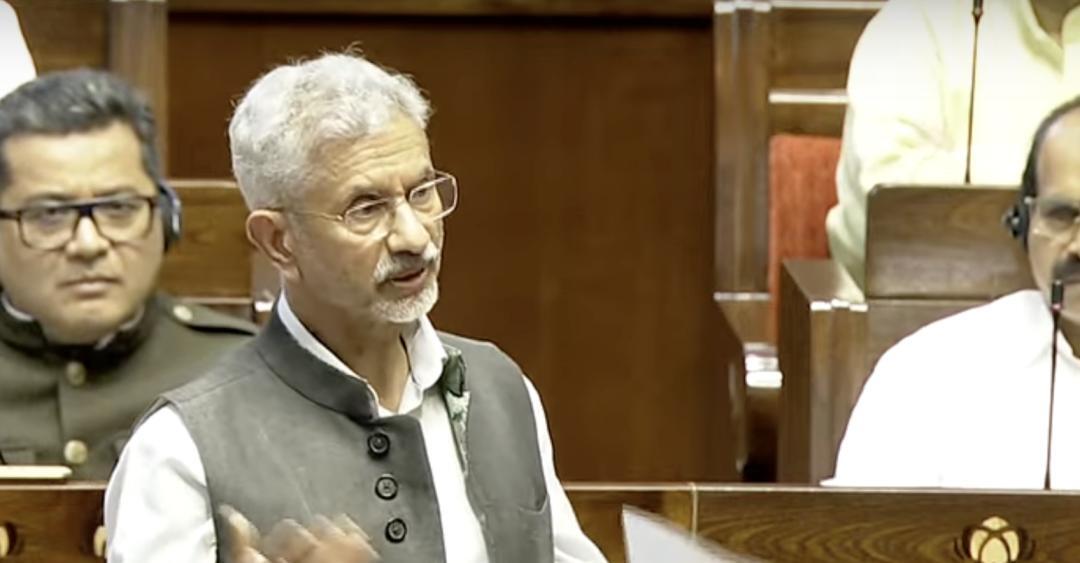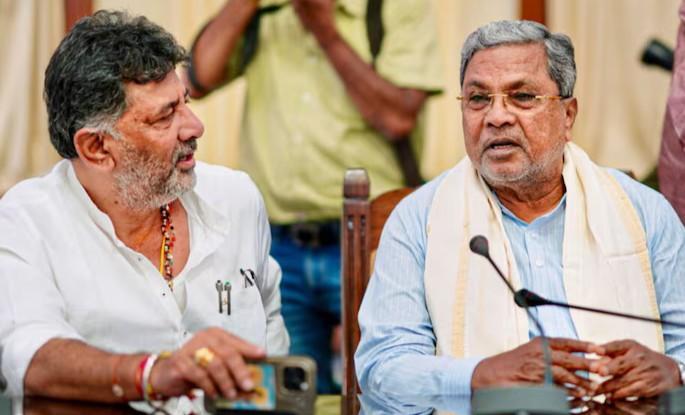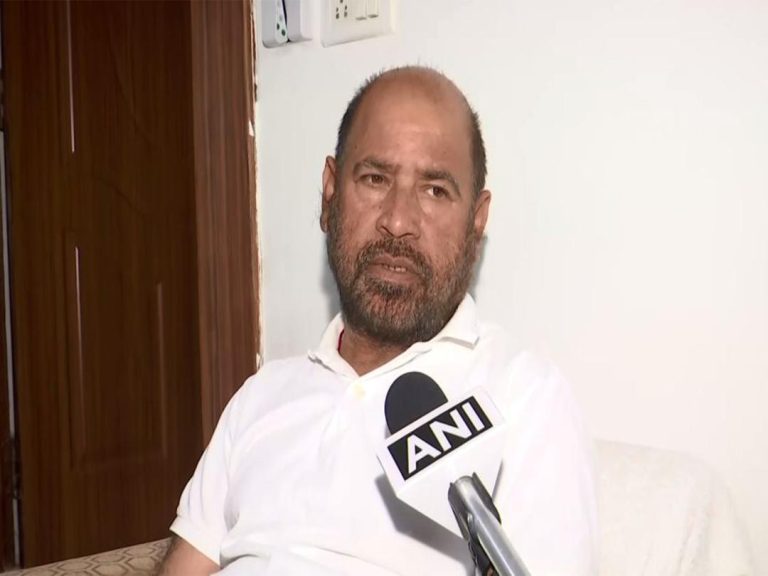
We did a global service by destroying Bahawalpur & Muridke: EAM
In a recent address to the Rajya Sabha, External Affairs Minister S Jaishankar made a bold statement that has sent shockwaves across the globe. While discussing India’s military operations against Pakistan, Jaishankar claimed that India had done a “global service” by reducing two of Pakistan’s terror camps, Bahawalpur and Muridke, to dust.
For those who may not be aware, Bahawalpur and Muridke were two of the nine Pakistani terror camps that were destroyed in Operation Sindoor on May 7. The operation was a massive success, with Indian forces using precision airstrikes to eliminate the camps and neutralize the threat they posed.
But what exactly did Jaishankar mean by his statement? In the context of international relations, “global service” is a phrase often used to describe actions that benefit the entire world, rather than just a single country or region. In this case, Jaishankar’s statement suggests that the destruction of Bahawalpur and Muridke was not just a victory for India, but a positive development for the global community as a whole.
So, why were Bahawalpur and Muridke considered such significant centers of terrorism? For decades, these camps were known to be hubs of terrorist activity, training and launching attacks not just against India but also against other countries in the region and beyond.
Bahawalpur, in particular, was notorious for its role in the production and distribution of fake currency, narcotics, and weapons. It was also a key location for the training of suicide bombers and other terrorists. Similarly, Muridke was a major center for the planning and execution of terrorist attacks, including the 2008 Mumbai attacks that killed over 160 people.
By destroying these camps, India sent a clear message to Pakistan and the world that it would not tolerate such terrorist activity on its soil. The operation also marked a significant shift in India’s approach to dealing with terrorism, as it demonstrated a willingness to take decisive action against those who support and harbor terrorists.
But Jaishankar’s statement also raises some important questions. What exactly did the world thank India for? Was it the destruction of the terror camps themselves, or was it the broader message that India was sending to Pakistan and the world?
One possible interpretation is that the world thanked India for its willingness to take decisive action against terrorism. For too long, Pakistan had been able to use its terror camps as a way to exert influence over the region and to launch attacks against India and other countries. By destroying these camps, India was sending a clear message that it would not tolerate such activity, and that it would take whatever action was necessary to protect its people and interests.
Another possible interpretation is that the world thanked India for its commitment to regional stability. The destruction of the terror camps was not just a victory for India, but also for the entire region. By eliminating these hubs of terrorist activity, India was helping to create a safer and more stable environment for all countries in the region.
Of course, Jaishankar’s statement is not without its critics. Some have argued that the destruction of the terror camps was not a “global service” at all, but rather a narrow victory for India. They point out that Pakistan is still a major source of terrorism in the region, and that the destruction of the camps did not address the root causes of the problem.
Others have argued that Jaishankar’s statement was simply a political move, designed to boost India’s image and credibility on the global stage. They point out that the destruction of the terror camps was a military operation that was carried out in response to a specific threat, rather than a global service that benefited the entire world.
Regardless of one’s interpretation of Jaishankar’s statement, there is no denying that the destruction of Bahawalpur and Muridke was a significant event with far-reaching implications for regional and global security.
Sources:
Note: The article is based on the given news URL and the information provided. It is not a factual report but an analysis of the situation.






